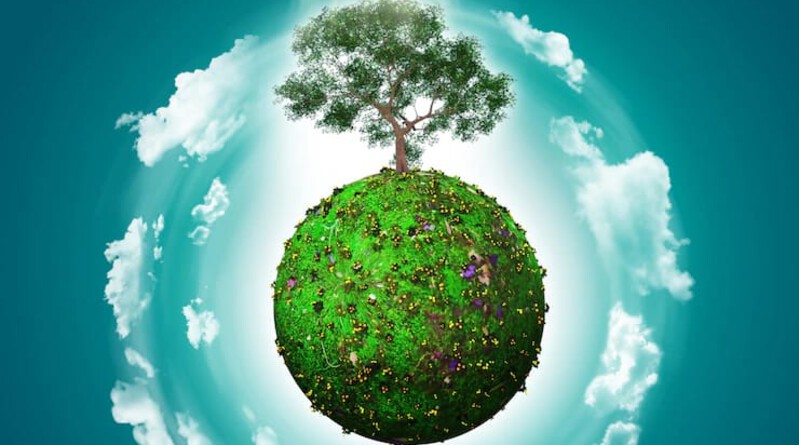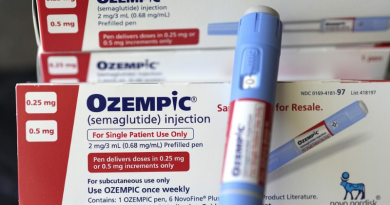Kenya Marks World Environment Day 2025 with Renewed Call to End Plastic Pollution
By Chemtai Kirui, Nairobi,
Kenya joined the global community on Thursday in marking World Environment Day 2025 with a renewed call to end plastic pollution, aligning with this year’s theme:#BeatPlasticPollution.
Observed every June 5, the day was marked with a series of cleanups, awareness campaigns, and policy dialogues as countries—including Kenya—push to advance a binding international agreement to tackle the plastics crisis.
“Plastic pollution is a major concern, but it is also one of the most fixable of today’s environmental challenges,” said the National Environment Management Authority (NEMA) in a statement. “With some obvious solutions at hand, this year’s campaign mobilizes communities to implement and advocate for change.”
According to NEMA, plastic pollution worsens the triple planetary crisis: climate change, biodiversity loss, and pollution.
An estimated 11 million tonnes of plastic waste leak into aquatic ecosystems annually, with microplastics also accumulating in soil through sewage, landfill leachate, and the use of plastic-coated agricultural inputs.
Plastic has also found its way into the food chain, water systems, and human bodies.
The annual global social and environmental cost of plastic pollution is now estimated between US$300 billion and US$600 billion, according to United Nations Environment Programme (UNEP).
UNEP Executive Director Inger Andersen, speaking from official global celebrations in Jeju Province, Republic of Korea, said countries must address plastic pollution across its entire life cycle — from extraction to design, consumption, and disposal.
“Only by rethinking our use of plastic and adopting circular economic models can we prevent it from entering our oceans, soils, and bodies,” Andersen said.
Kenya has played a leading role in plastic regulation in Africa, banning plastic carrier bags in 2017 and single-use plastics in protected areas in 2020.
The country’s Sustainable Waste Management Act further anchors Extended Producer Responsibility (EPR), making producers responsible for the waste their products generate.
Local civil society groups such as the Centre for Environmental Justice and Development (CEJAD) have been instrumental in pushing for stronger plastic regulation and safer chemical use in Kenya.
CEJAD has been vocal in highlighting the health and environmental risks of plastic additives such as bisphenols and phthalates, particularly in low-income communities and informal recycling sites.
“Plastic pollution is not just about litter. It’s a toxic threat to people and ecosystems,” CEJAD said in a recent statement. “As Kenya joins negotiations on a global plastic treaty, we must ensure the voices of frontline communities and waste pickers are heard.”
In many parts of Kenya, particularly informal settlements, plastic waste is openly burned or dumped, posing health risks to residents.
Environmental advocates say that despite existing laws, enforcement remains a challenge.
World Environment Day 2025 also seeks to build momentum for the UN-led global plastics treaty, which aims to legally bind countries to eliminate plastic pollution, including marine plastic. Negotiations are ongoing, and Kenya is expected to continue advocating for strong, enforceable measures.
UNEP’s Tide Turners Plastic Challenge, launched in Kenya in 2019, remains one of the largest youth-led environmental campaigns worldwide, with close to one million young participants from more than 60 countries.
As environmental threats become more complex, Kenyan authorities and civil society say public participation will be critical.
“We need every citizen—youth, businesses, farmers, local leaders—to refuse, reduce, reuse, recycle, and rethink their relationship with plastic,” NEMA’s statement said.
With mounting scientific evidence and public support, World Environment Day 2025 may prove to be a critical turning point in the global effort to beat plastic pollution.




